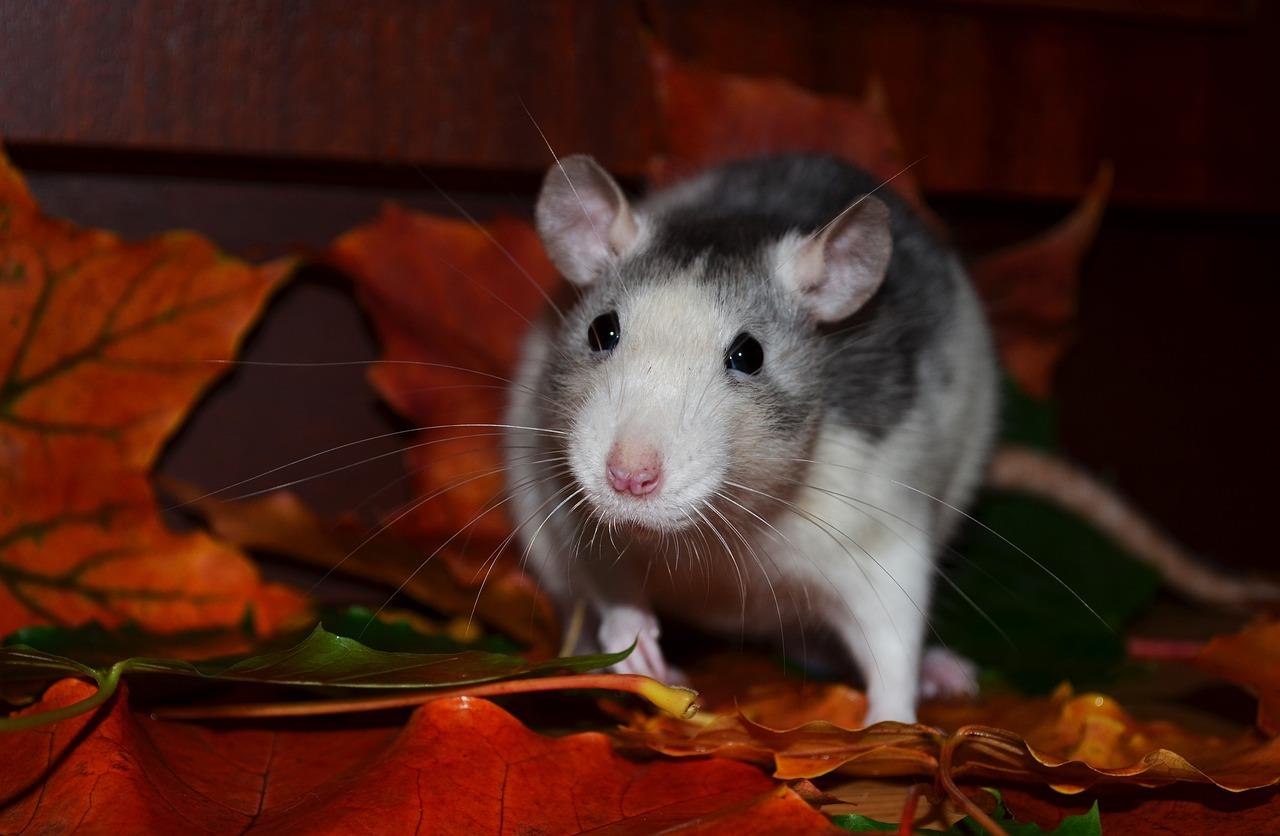
403
Sorry!!
Error! We're sorry, but the page you were looking for doesn't exist.
China Sends Four Mice, Youngest Astronaut into Orbit
(MENAFN) China on Friday successfully launched its sixth crewed space mission, Shenzhou-21, carrying three astronauts—including the country’s youngest-ever—and four mice for scientific experiments.
The spacecraft lifted off at around midnight from the Jiuquan Satellite Launch Center in northwest China. The taikonauts aboard are pilot and mission commander Zhang Lu, flight engineer Wu Fei, and payload specialist Zhang Hongzhang.
According to the state-run Global Times, the crew is bringing four mice—two males and two females—to China’s Tiangong space station for the first time. The animals will help scientists study the effects of space conditions, such as microgravity and confinement, on behavior, as well as the impact of the space environment on organs and tissues after returning to Earth.
The mission will also investigate “the relationship between the origin of the genetic code and molecular chirality in space, exploring the selectivity among different chiral combinations of amino acids and nucleotides,” according to mission briefings.
Over their six-month stay, the Shenzhou-21 crew will conduct 27 new scientific and applied research projects, focusing on key fields such as space life science, biotechnology, and aerospace medicine. The experiments are expected to yield valuable data for future in-orbit applications.
Meanwhile, the Shenzhou-20 crew has been in orbit for 188 days. Its commander, Chen Dong, has become the first Chinese astronaut to spend more than 400 days in space and currently holds the record for the most Chinese spacewalks, with six extravehicular activities completed.
The spacecraft lifted off at around midnight from the Jiuquan Satellite Launch Center in northwest China. The taikonauts aboard are pilot and mission commander Zhang Lu, flight engineer Wu Fei, and payload specialist Zhang Hongzhang.
According to the state-run Global Times, the crew is bringing four mice—two males and two females—to China’s Tiangong space station for the first time. The animals will help scientists study the effects of space conditions, such as microgravity and confinement, on behavior, as well as the impact of the space environment on organs and tissues after returning to Earth.
The mission will also investigate “the relationship between the origin of the genetic code and molecular chirality in space, exploring the selectivity among different chiral combinations of amino acids and nucleotides,” according to mission briefings.
Over their six-month stay, the Shenzhou-21 crew will conduct 27 new scientific and applied research projects, focusing on key fields such as space life science, biotechnology, and aerospace medicine. The experiments are expected to yield valuable data for future in-orbit applications.
Meanwhile, the Shenzhou-20 crew has been in orbit for 188 days. Its commander, Chen Dong, has become the first Chinese astronaut to spend more than 400 days in space and currently holds the record for the most Chinese spacewalks, with six extravehicular activities completed.

Legal Disclaimer:
MENAFN provides the
information “as is” without warranty of any kind. We do not accept
any responsibility or liability for the accuracy, content, images,
videos, licenses, completeness, legality, or reliability of the information
contained in this article. If you have any complaints or copyright
issues related to this article, kindly contact the provider above.
















Comments
No comment